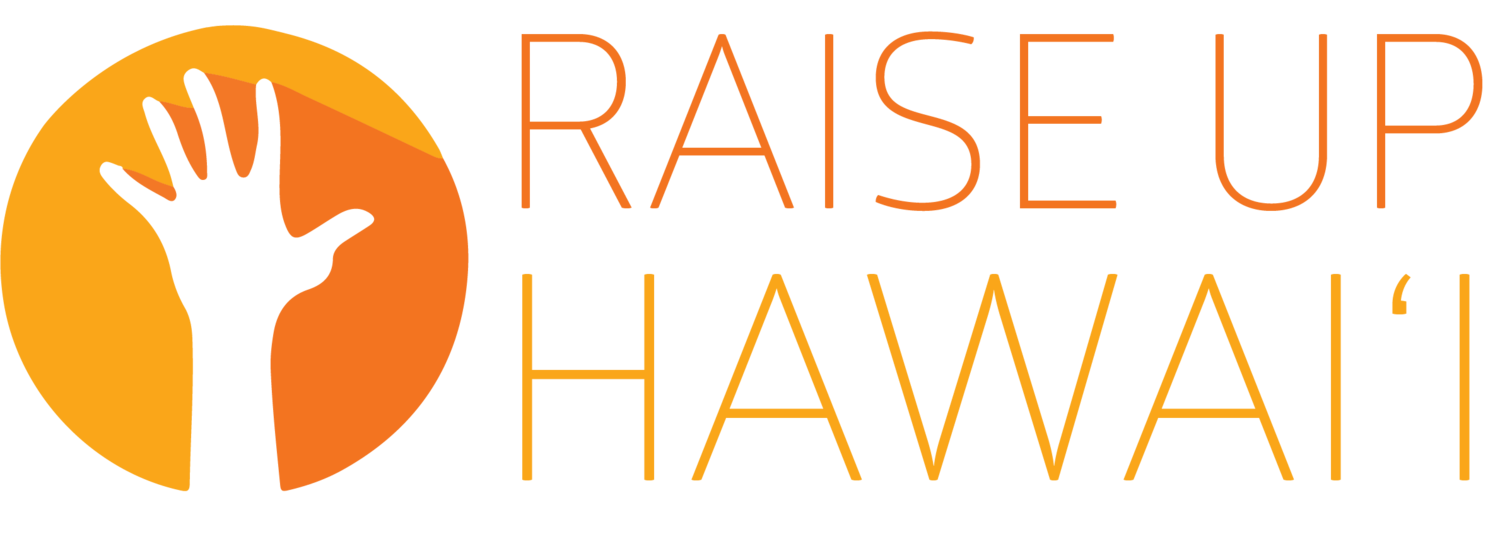What is a living wage in Hawaiʻi?
The current minimum wage in Hawaiʻi is $10.10 an hour, or $21,000 per year for full-time work. Everyone who lives here knows that’s not enough to make ends meet in the highest cost-of-living state in the nation.
But what is a living wage in Hawaiʻi? There’s no official standard, but there are several independent sources that try to answer that question:
Our own state’s Department of Business, Economic Development & Tourism (DBEDT) has calculated a “self-sufficiency income,” defined as “the amount of money that individuals and families require to meet their basic needs without government and/or other subsidies.”
For a single adult with no children, and who gets health insurance from their employer, was $15.84 in 2016. After adjusting for inflation, that gets us to about $17 per hour in 2019.
The Economic Policy Institute (EPI) has a “family budget calculator” that measures “the income a family needs in order to attain a modest yet adequate standard of living.” A single person with no children in Honolulu County needed $24.78 per hour in 2017 according to that calculator, or $25.86 an hour in 2019.
The Institute for Women’s Policy Research (IWPR) has estimated the annual income needed for basic economic security in 2018. They find that a single working adult without keiki, but with benefits needed to earn $21.85 per hour, or $22.35 in 2019 in Hawaiʻi. Without benefits, that individual needed $25.22 per hour, or $25.80 in 2019.
The National Low-Income Housing Coalition calculates a “housing wage” for each state. To afford a one-bedroom apartment in Hawaii in 2018, a worker needed to make $27.44 an hour in 2018, or $28.07 in 2019.








